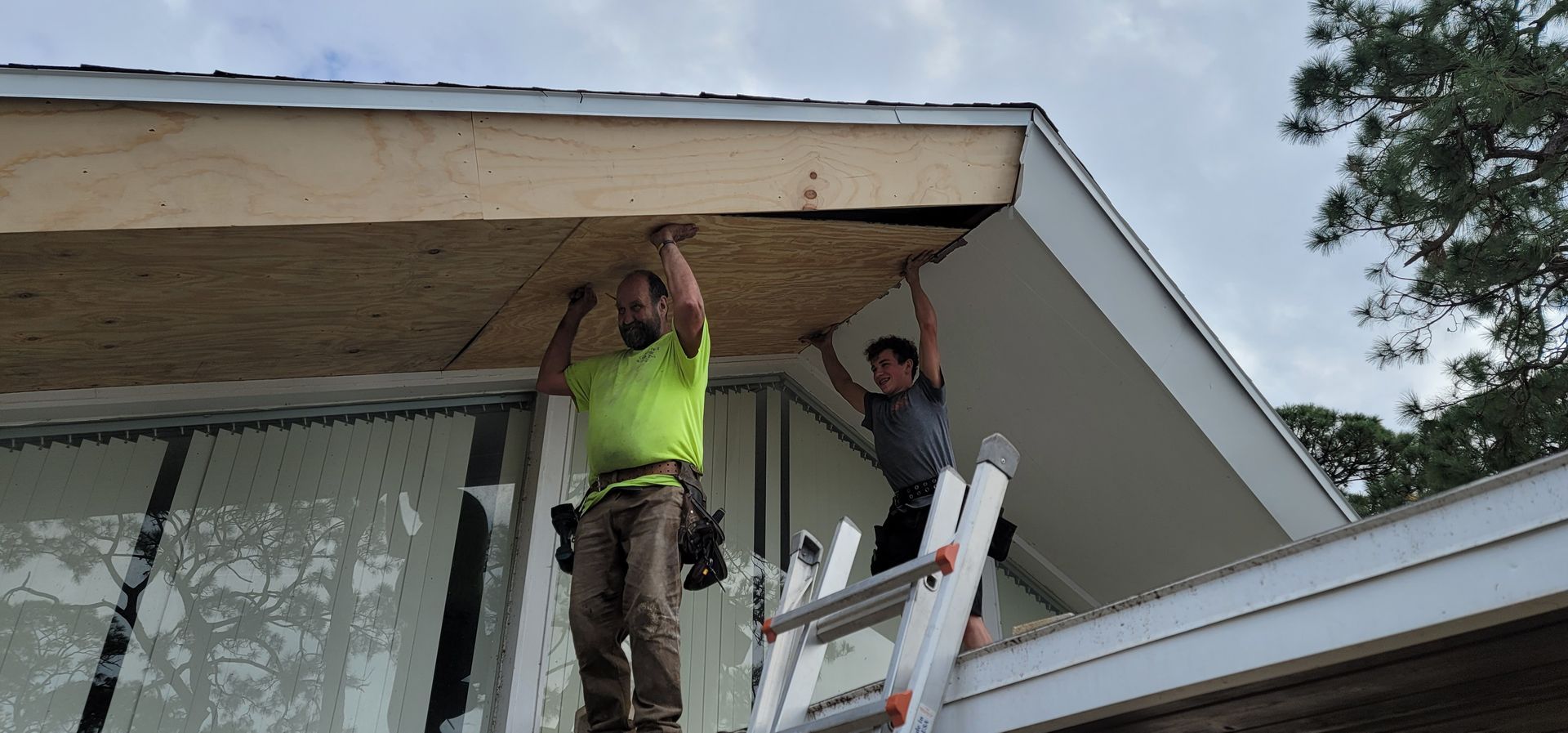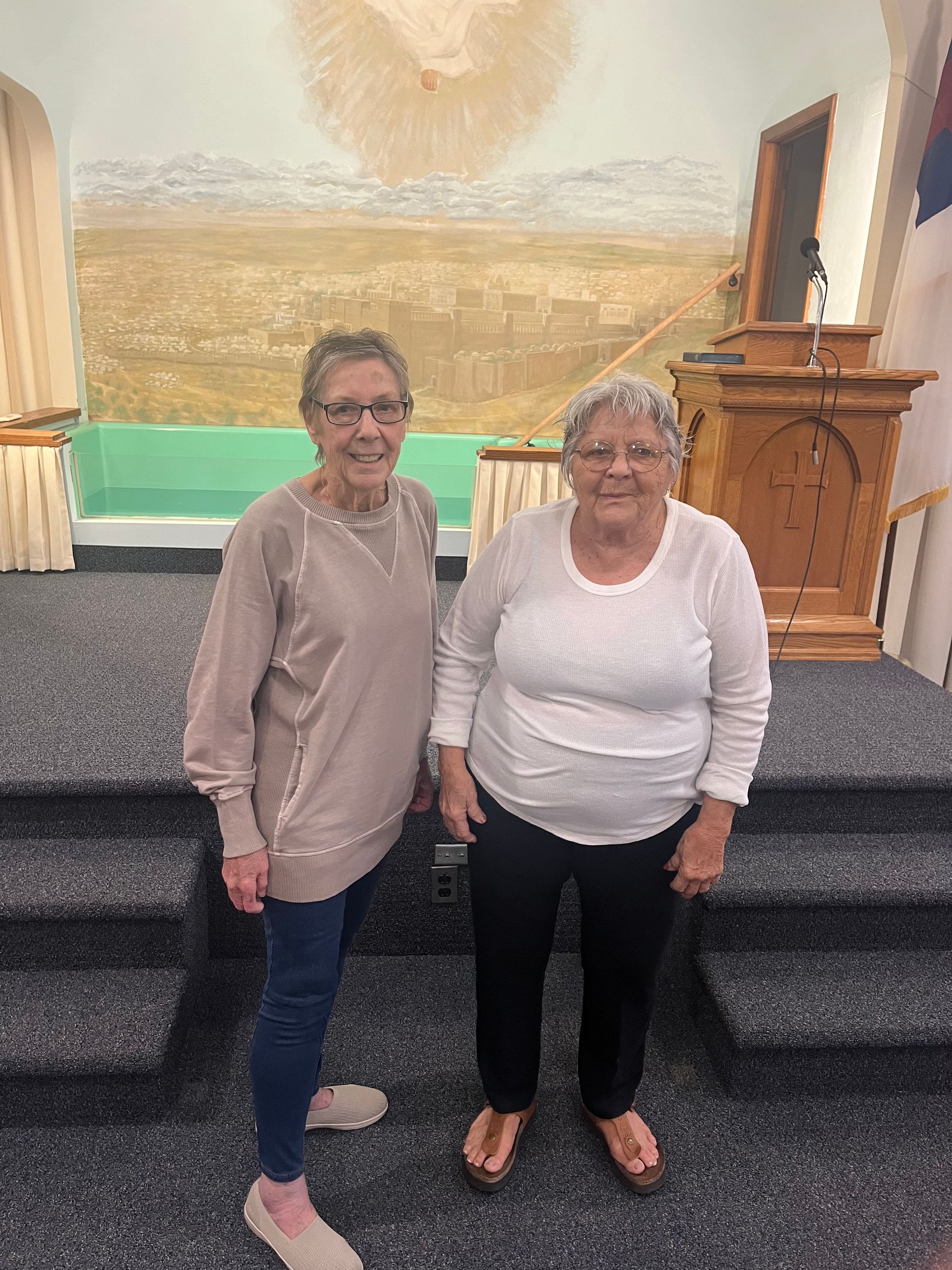Requisite Variety and The Church
As of late, I've been spending quite a bit of time studying Cybernetics. Cybernetics is the science of communications and automatic control systems in both machines and living things. In other words, it is the scientific study of how humans, animals, and machines control and communicate with each other.
One of the things that have most fascinated me in this is the Law of Requisite Variety. This law, coined by Ross Ashby in 1957, posited that for a system (be it an organization, or the human body) to deal with the diversity of problems thrown at it, the system must have a bank of responses that equal or exceed the number of problems.
The idea here, really, is that an organization must be able to meet the many challenges it faces with just as many responses.
So, nerdiness aside, why should we care?
To be honest, when I first encountered this theory, I merely sat and tried to wrap my head around the enormity of its truth. I sat staring out the window for quite a few moments, realizing that in the systems I participate in (my family, my church, my denomination, etc.), this was the answer to so many of our most vexing issues. Our response has not matched the complexity of our problems.
There's a sentiment that I often hear in my community, in the Church, and even in American public life as of late. It sounds like this:
"Things just aren't the way they used to be."
"It was simpler back then."
"We were more [moral, Christian, respectful, etc.] then."
"We need to get back to…"
I don't disagree with much of the sentiment. I too, yearn for the world I grew up in, mainly for my kid's sake. I grew up in a world that didn't know the mass shootings we do right now. I grew up in a community that was far away from the speed of social and cultural issues that seem to be always in the spotlight currently. The internet, let alone social media, was the dream of science fiction for nearly the entirety of my childhood.
The church, however, has primarily responded to the increasing complexity of our culture and world with less and less nuance. To put it more bluntly: in many ways, we've stopped having the conversation and stopped trying. We've thrown in the towel, said, "it has gotten too complicated, so why bother?" We know what we believe, people need to come around to the truth of the Gospel.
I get it. I do.
And if I'm honest? I do believe that the answer to the problems our world faces are as simple as one answer: Jesus.
But just as the early Brethren learned in colonial America, we cannot live in a bubble, set aside from society forever. We serve a God who loves people, and that means that we're going to have to interact with people. Eventually, we're going to rub up against culture. We must develop a nuanced response to the problems culture brings to our doorstep.
When the culture asks questions about…
gun violence
about peace
about war
about immigration
about same-sex relationships
about heaven
about hell
about government
about corruption
about moral leadership
about moral failure
about education
about science
about religion
about progress
and on, and on, and on…
Our response must be as nuanced as the questions being asked about each of those things. The Gospel demands that we live in context. We need to look no further than Paul's writing to see this. Paul was a master at nuance and shaping Gospel truth around the context he found himself in.
Further, and even more practically, we must ask ourselves: Does our church reflect the complexity of our community? If our community has grown and diversified, yet our churches have not, we must ask ourselves, did we forget to contextualize our witness for our community?
Astute students of Brethren history will recall that this very issue of context was at the heart of our 1939 split, around Ashland University. The very concept of a liberal arts education is that it creates an individual who is exposed to a wide variety of disciplines, that, in concert, give them the requisite variety to conquer whatever problems they might face. The alternate argument is that too much variety places far less importance on the critical thing, and we lose our witness because we're not focused enough on the "right" things.
Brethren landed on the requisite variety side, the side of the dialectic and nuance. Just as Peter Nead began realizing that Brethren might need to begin engaging the cultural and political climate around us in the late 19th century, just as the Ashland Brethren realized that a full liberal arts education gave students a more nuanced witness to the complex world around them, we too, are called to contextualize our witness.










